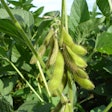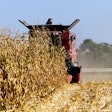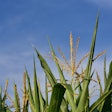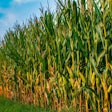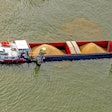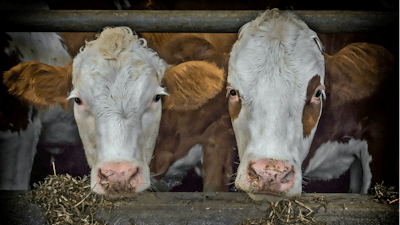
The United States Department of Agriculture's Animal and Plant Health Inspection Service (APHIS) has announced immediate import restrictions on animal commodities from Mexico following the detection of New World screwworm (NWS) in the country's southern state of Chiapas on November 22, 2024.
The discovery of NWS, a fly larvae that infests living tissue of warm-blooded animals, was made in a cow at an inspection checkpoint near the Guatemala border. This finding marks a significant northward movement of the pest, prompting swift action from U.S. authorities.
Dr. Rosemary Sifford, Chief Veterinary Officer of the United States, emphasized the escalation of efforts to combat this threat. "With this latest find in Mexico, we will further intensify our work to protect American agriculture and reestablish the barrier in Central America," she stated.
APHIS has implemented immediate restrictions on the importation of animal commodities originating from or transiting through Mexico. The agency is awaiting further information from Mexican veterinary authorities regarding the extent of the infestation.
The detection in Mexico follows recent spread of NWS through Central American countries, including Panama, Costa Rica, Nicaragua, Honduras, and Guatemala. APHIS has been collaborating with Panama since 2006 to maintain a barrier zone in eastern Panama, aimed at preventing the northward movement of NWS from South America.
U.S. livestock producers, particularly those along the southern border, are urged to remain vigilant. APHIS advises checking animals for signs of NWS infestation, including draining or enlarging wounds and signs of discomfort. Suspected cases should be reported immediately to veterinarians.
While human infestations are rare, individuals noticing suspicious lesions are advised to seek immediate medical attention.
APHIS continues to work closely with partners in Mexico and Central America to eradicate NWS from affected areas and to reestablish the biological barrier in Panama. The agency is employing strategies such as releasing sterile flies through aerial and ground operations at strategic locations throughout Central America.
This development underscores the ongoing challenges in pest control and the critical importance of international cooperation in protecting agricultural interests across North and Central America.






